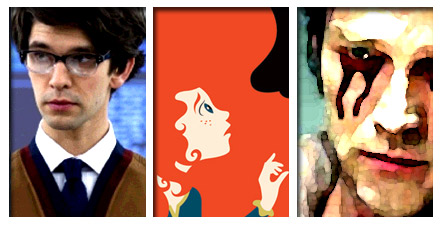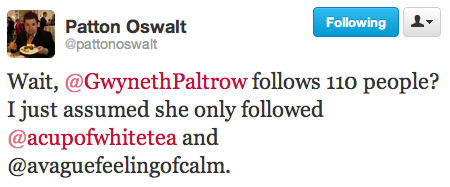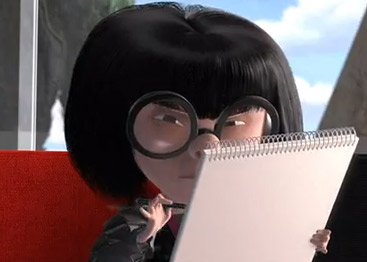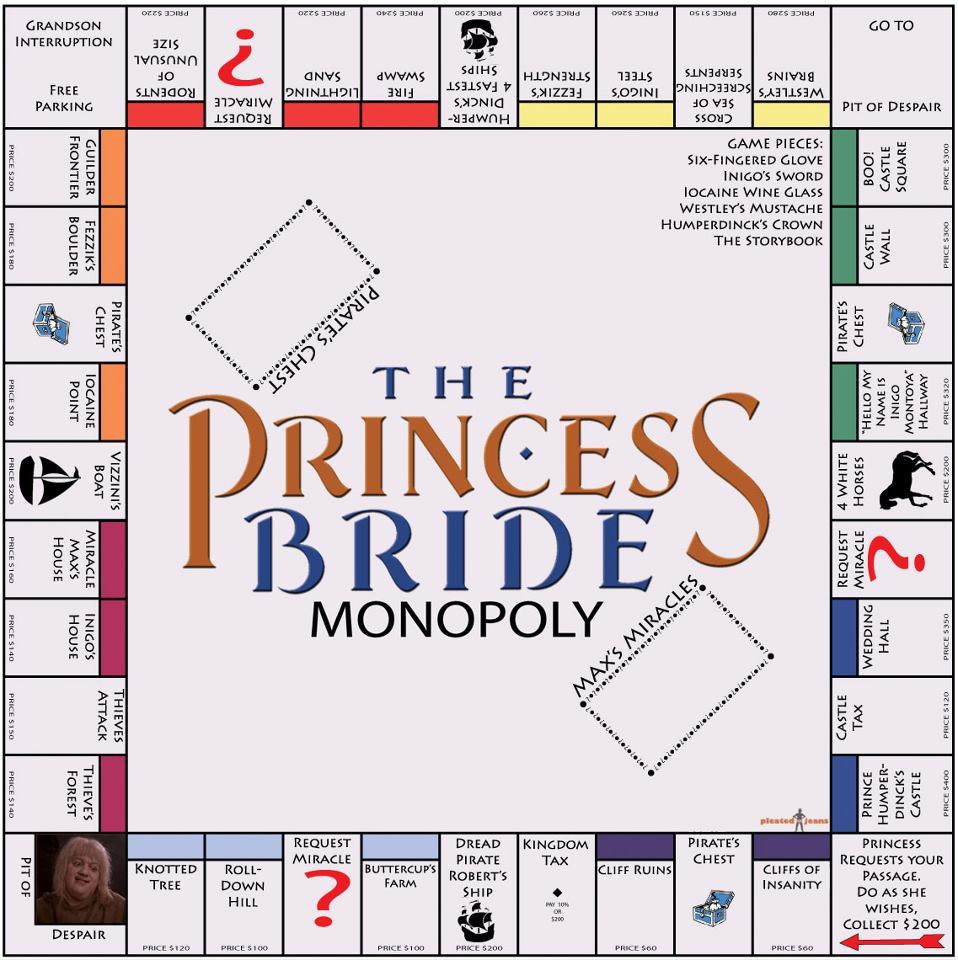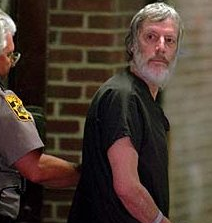In the Hit Me With Your Best Shot series anything with a webspace is invited to join us in choosing a single "best" shot from pre-selected films.
When I first saw The Royal Tenenbaums in 2001, I loved it but wondered quietly if it didn't lose a little steam as it went. That'd be a bittersweet but fitting artistic fate for a movie that's about a family of child prodigies who can't escape the long shadows of their early promise and exist in a kind of static bewilderment at their present emotional state(s). As it turns out The Royal Tenenbaums, unlike the Tenenbaum children, only improves with age. It's looking more and more like Wes Anderson's indisputable masterpiece.
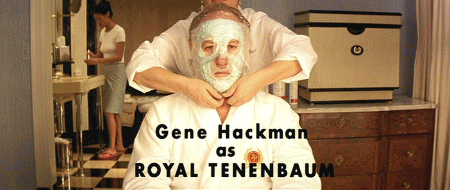
Still, it's easy to see where my initial feeling sprang from. The movie opens so well, with unimproveable voiceover work by Alec Baldwin (clinically observant but never unfeeling) detailing the overachieving childhoods of Chas (Ben Stiller), Margot (Gwyneth Paltrow) and Richie (Luke Wilson), followed by endearingly deadpan "22 years later" character cards that it just has to be downhill from there?
Not so.
The movie keeps reintroducing us this eccentric troubled clan. I don't normally choose iconic familiar shots as "best" both out of fear of cliché and out of the archaeological instincts of the cinephile -- always looking for new things to admire in a beloved film. But I give up here. Whenever I think of The Royal Tenenbaums, I think of Margot and the greenline bus.
We've already met Margot twice: Once as a precocious unhappy child playwright. Then as a beautiful miserable adult in a brilliant two-part scene wherein Anderson invites us to compare the omniscient narrator's observations about Margot with her detached relationship to her husband (Bill Murray, besotted and baffled and hilarious) and her instant regression with her endlessly supportive mother Etheline (Anjelica Huston, perfect throughout). "Why does he get to do that?" Margot whines about her brother moving back home.
This, my choice for Best Shot is our third major introduction.

With each introduction Anderson gives us not just more character details, but reenforcing self-referential humor (how great is the "no smoking" sign on the bus in a scene that at first feels devoid of the usual cluttered wit of the Anderson frame?), and fresh ways of thinking about these indelible characters. In our third introduction, though we're already as baffled by her as Raleigh and as worried for her as Etheline, we're suddenly seeing her through Richie's eyes; her sad-eyed beauty is intact but she's lit up by sunshine and meant to be loved obsessively... or even incestuoustly. Who can blame Richie?
The movie's obsessive accumulation of introductions, its front loaded feeling, are a gorgeous almost spiritual mirror to the Tenenbaums own experience, continual promise trapped in static adolescent pain. It takes something as jarring as weddings and deaths to nudge them forward.
These are the other two shots I considered, both of them because of Margot. In truth when I'm watching the movie it feels perfectly balanced as an ensemble piece (and I love every character... especially Pagoda and Etheline) but outside of the actual experience of watching it, Margot tends to absorb my imagination.

Wes Anderson understands, as too few modern directors do, that two, three, four and even five-shots can sometimes give you more information about a single character than a closeup of that same character can; you need to see how they fit into the world they live in. Margot internalizes her otherness as the adopted child and the movie beautifully finds its way in to this girl's notoriously secretive headspace.
This view of Margot apart from her family is repeated in the hospital scene where she leans against a door while the other characters huddle near Richie's bed, barraging him with questions about his suicide attempt. She's inside the "Recovery Room" but she's not healing.
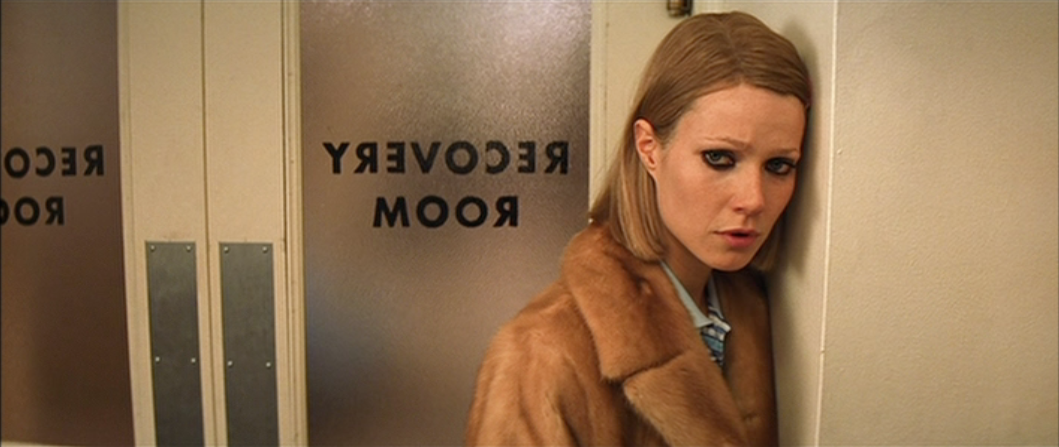
Of course it's dark, it's a suicide note."
This time Wes Anderson and his cinematographer Robert Yeoman move the camera in for a heartbreak closeup. Margot is further away from Richie than anyone in the room but she's the closest to him. They're just going to have to be secretly in love with each other and leave it at that.

Armchair Audience [Best Shot First Timer. Welcome!]
For Your Speculation [Best Shot First Timer. Welcome !]
Intifada "died tragically rescuing his family..."
Serious Film "wounded zebra"
Antagony & Ecstasy "in all honesty, my second favorite shot"
Amiresque
Low Resolution "...well, it can't be very good for your eyes anyway"
Okinawa Assault
Film Actually [Royal Tenenbaums Virgin!]
Pussy Goes Grrr "Wes Anderson never wastes a frame."
Movies Kick Ass "group hug"
Against the Hype [Welcome him back!]
Encore Entertainment ...
Final 4 of "Hit Me" Season 3 (Join us!)
August 1st How to Marry a Millionaire (1953)
August 8th Sherlock Jr (1924)... only 44 minutes long and available on Netflix Instant Watch.
August 15th Singin in the Rain (1952) for Gene Kelly's centennial month!
August 22nd Dog Day Afternoon (SEASON 3 FINALE - 40 years ago this very day the events in the film take place)
 Monday, October 22, 2012 at 4:06PM
Monday, October 22, 2012 at 4:06PM  Gwyneth Paltrow,
Gwyneth Paltrow,  Iron Man,
Iron Man,  Robert Downey Jr.
Robert Downey Jr. 







